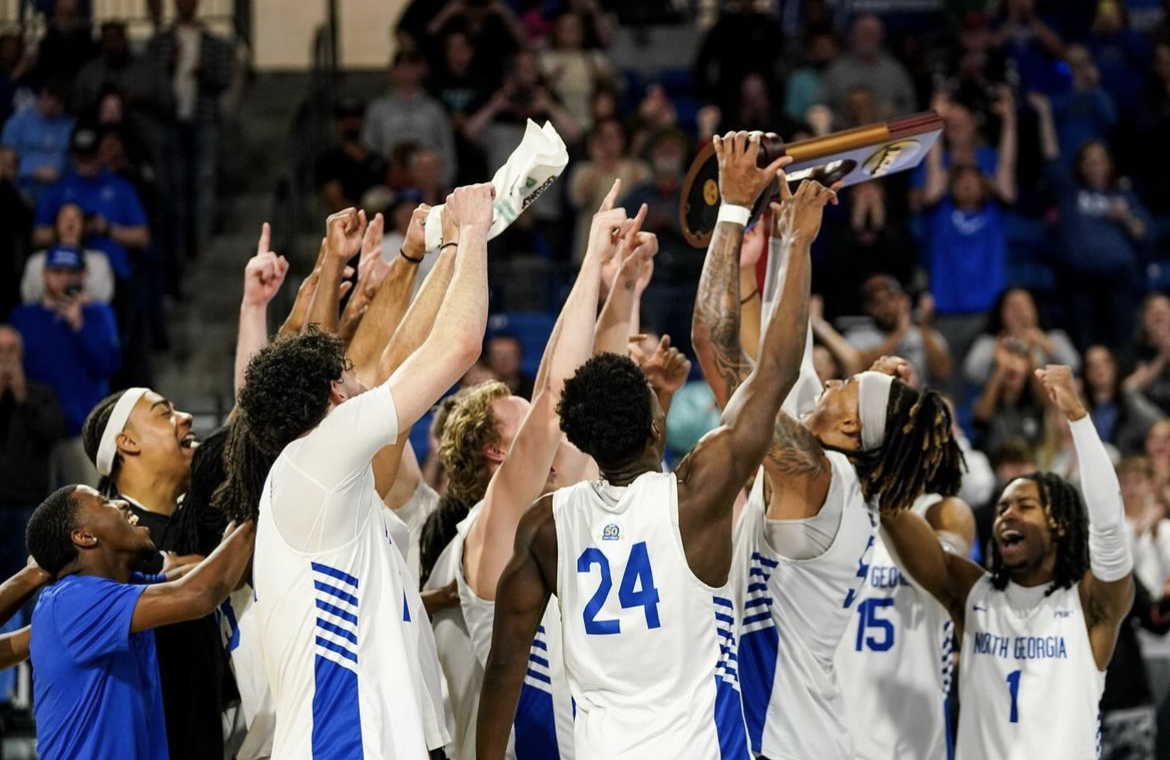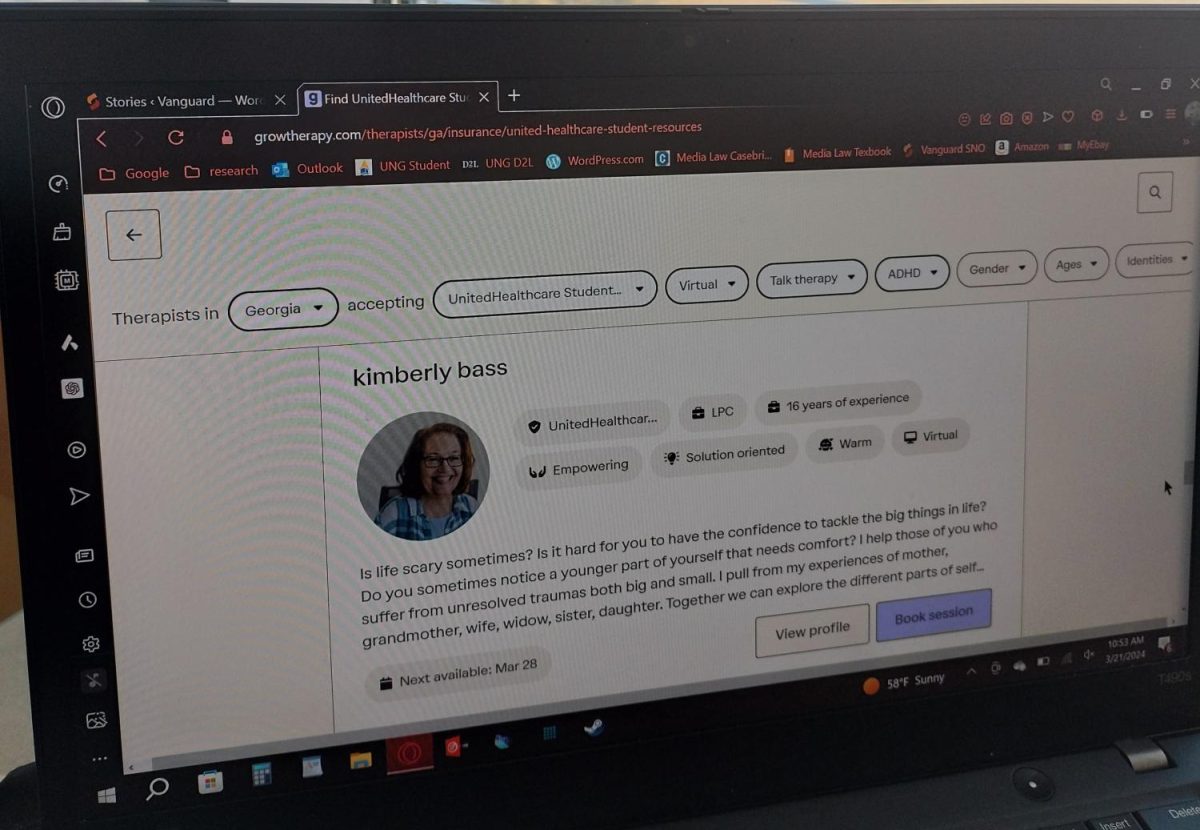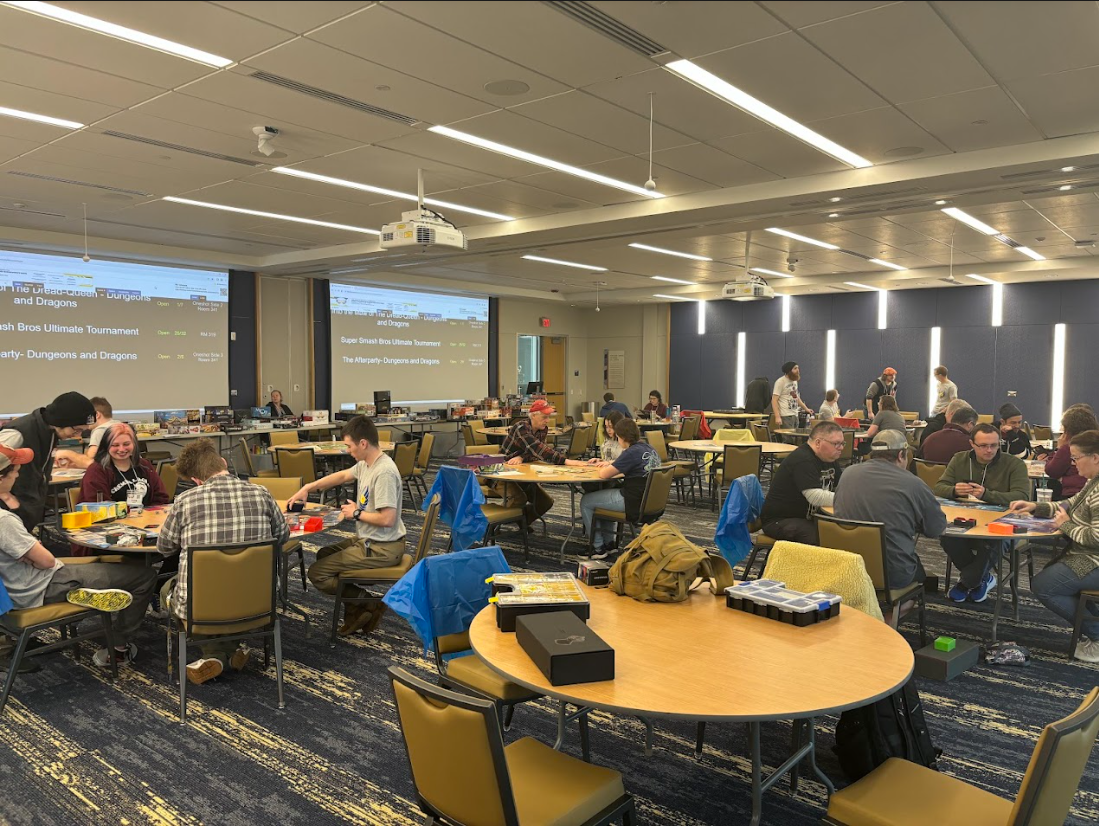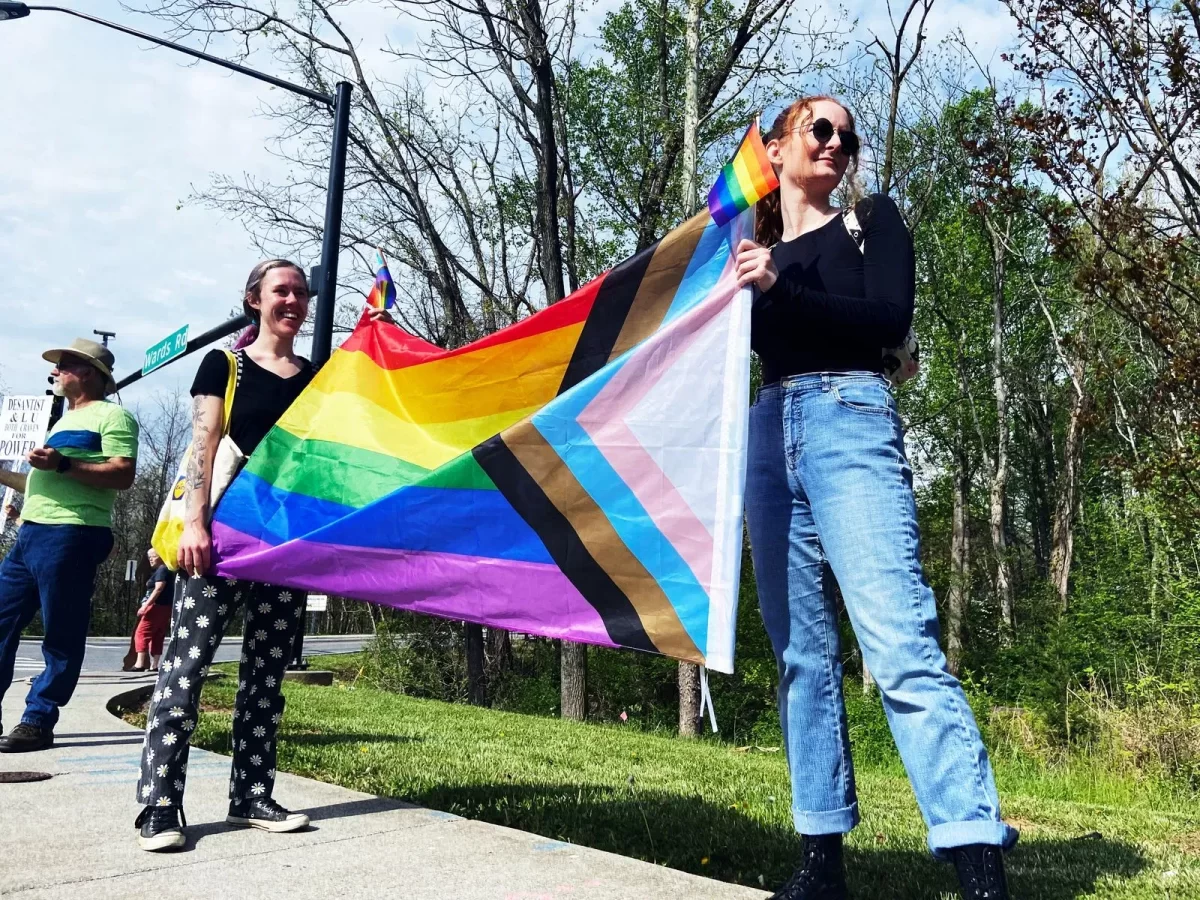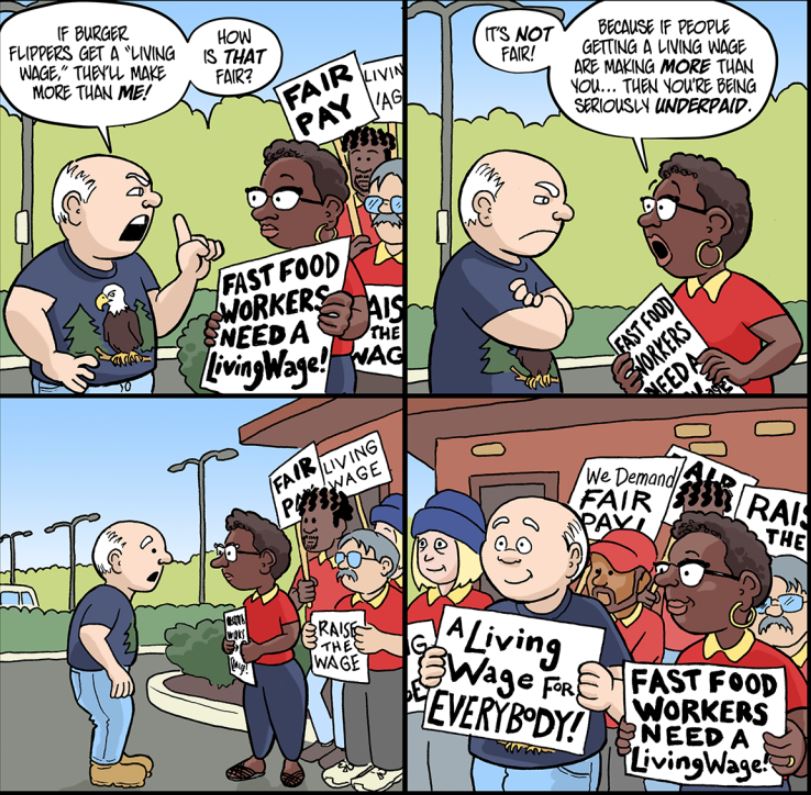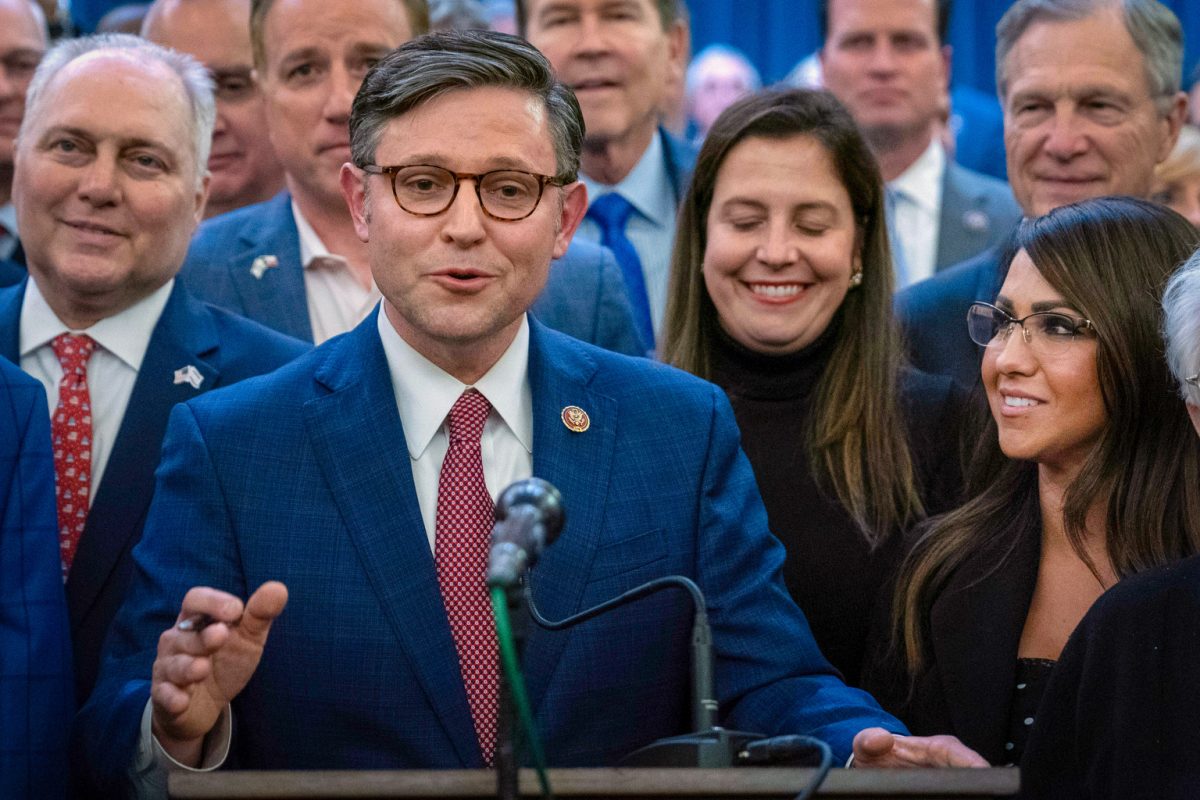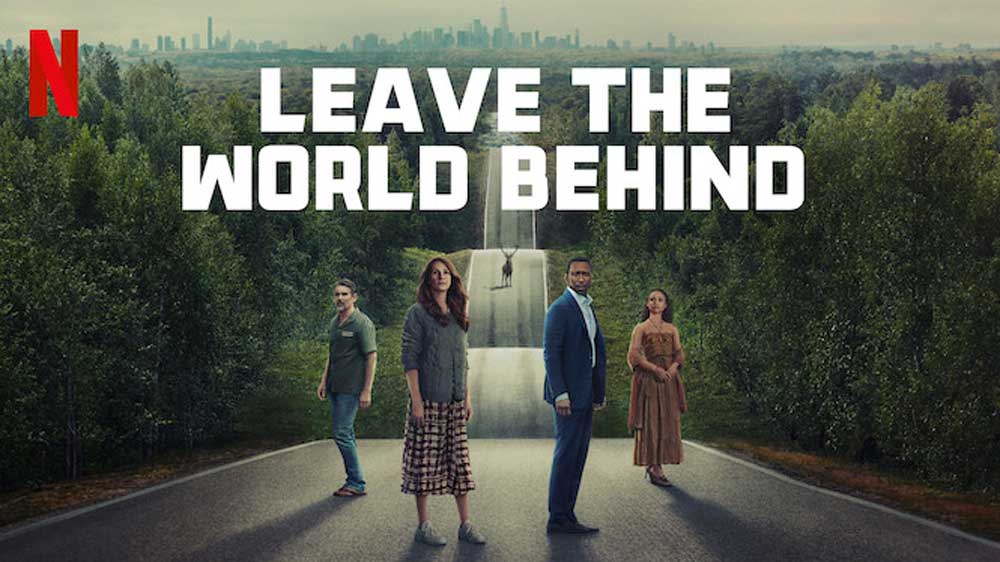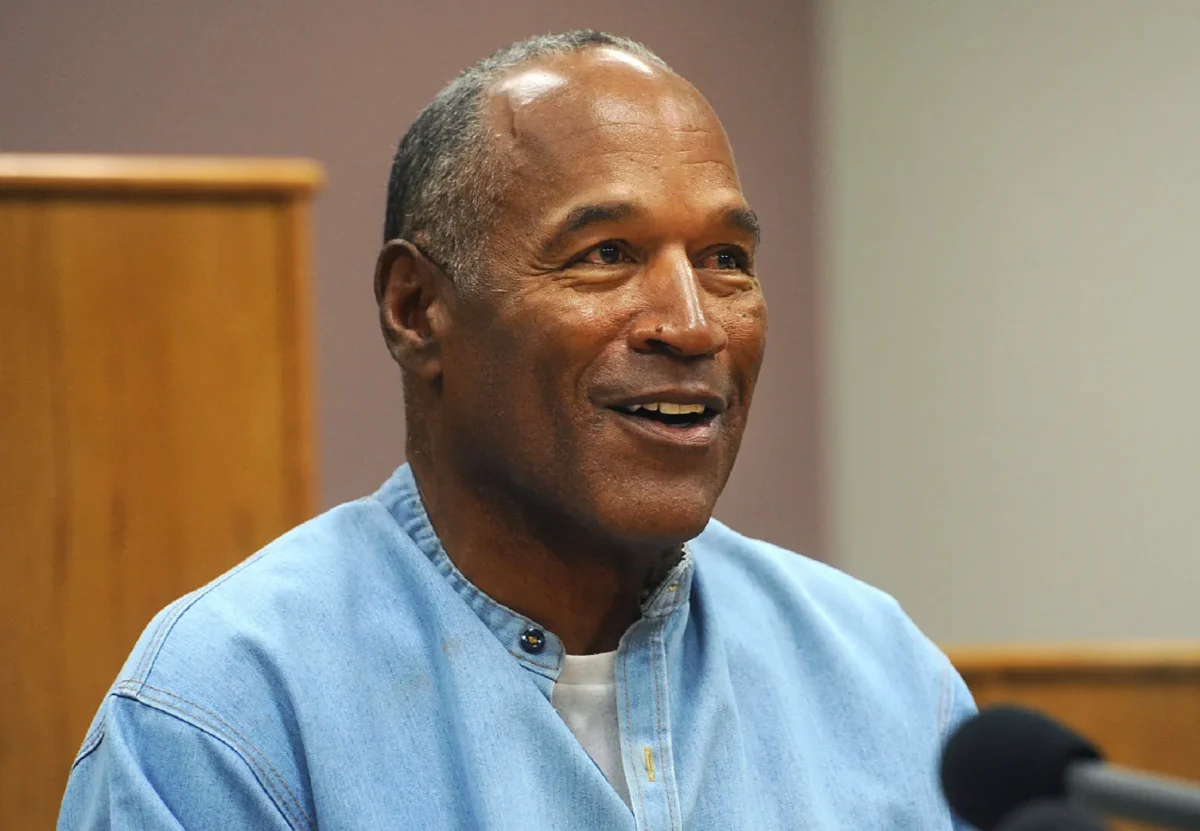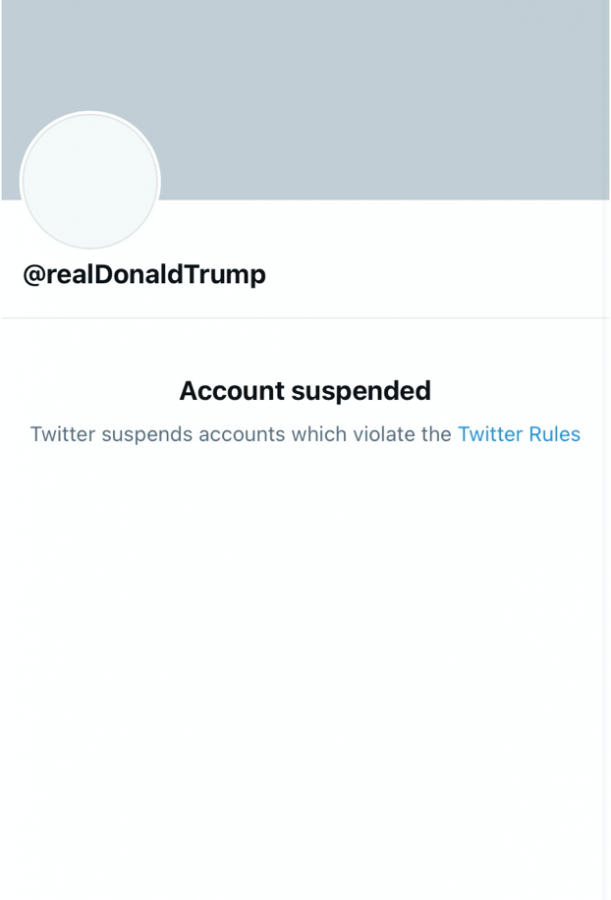Recently, people have engaged in a much-heated debate as to whether Big Tech companies should censor or suspend accounts on their platforms, especially platforms with a significant influence. Big Tech is a phrase used to describe Twitter, Facebook, Google, and other social media platforms that are involved in most of our daily lives.
Last year, Congress called CEOs Mark Zuckerberg of Facebook and Jack Dorsey of Twitter to testify about the censoring of profiles on their platforms. Legally these companies are allowed to suspend anyone from their platform. A poll from Pew Research Center shows that around 3 in 4 Americans say that social media sites intentionally censor political viewpoints they find objectionable, so there is a lack of trust between the people and these companies.
According to statista.com, 90% of people between 18 and 29 use social media. “I don’t know a single person my age that doesn’t check his/her Snapchat or Instagram at least five times a day,” said Jayden Griffiths, a finance major at the University of North Georgia. “I try to refrain from checking my social media, but it’s so hard nowadays to be away from the phone.”
When asked about whether these social media sites should censor people on their platforms, students gave these answers:
“Legally, I believe they can do what they want with their own company, but should they? I do believe that if it is politically motivated then that is a very bad path to be going down,” Griffiths.
“I think they shouldn’t be allowed to censor people or organizations that have a lot of influence. I think legally they can, but there’s a difference between what is morally right and what is legally right,” Hunter Brazell, a kinesiology major at UNG.
“Legally, yes, they are able to censor or suspend people. Morally, however, I believe it is wrong and borderline infringes on the 1st Amendment. Twitter has essentially become the press. They put out so much information and if they get to control what we see then it can be very harmful,” Endrit Hoti, a kinesiology major at UNG.
“I don’t think that they should be able to censor/suspend people on their platforms. It becomes a grey area when looking at how people might violate community guidelines. But if they do choose to censor people, that’s tampering with an individual’s freedom of speech,” Bailee Blackwood, a business management major at UNG.
“I think it’s a more complex issue than most people are accepting it to be. From Big Tech’s standpoint, as long as each platform continues to provide access to user agreements and site-wide policies, then the user of said platform is not offered the same liberties as we are with our government. Everyone deserves the ability to share their thoughts and opinions via social media, so long as they do not violate any hate speech laws, free speech laws etc. Ultimately, there is a gray area on what should be considered permissible speech. For example, many people believe that during the recent Capitol protests that Donald Trump made indirect remarks to encourage his supporters to break into the capitol. But when you read what was said, this is obviously not the case. We have to decide if Big Tech should be allowed to further restrict their user’s content beyond any basic free speech policy,” Jacob Harris, a management major at UNG.








